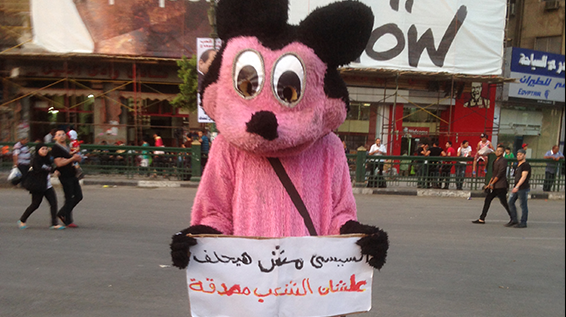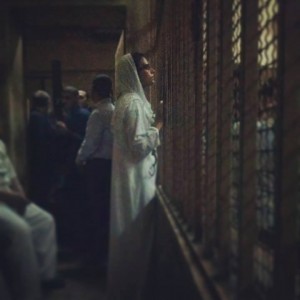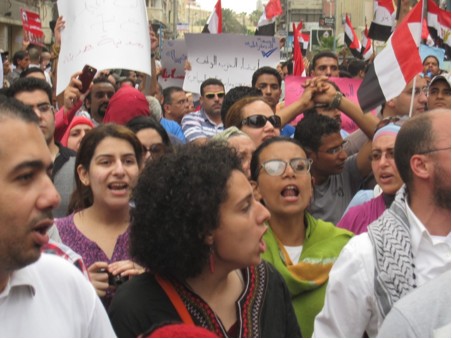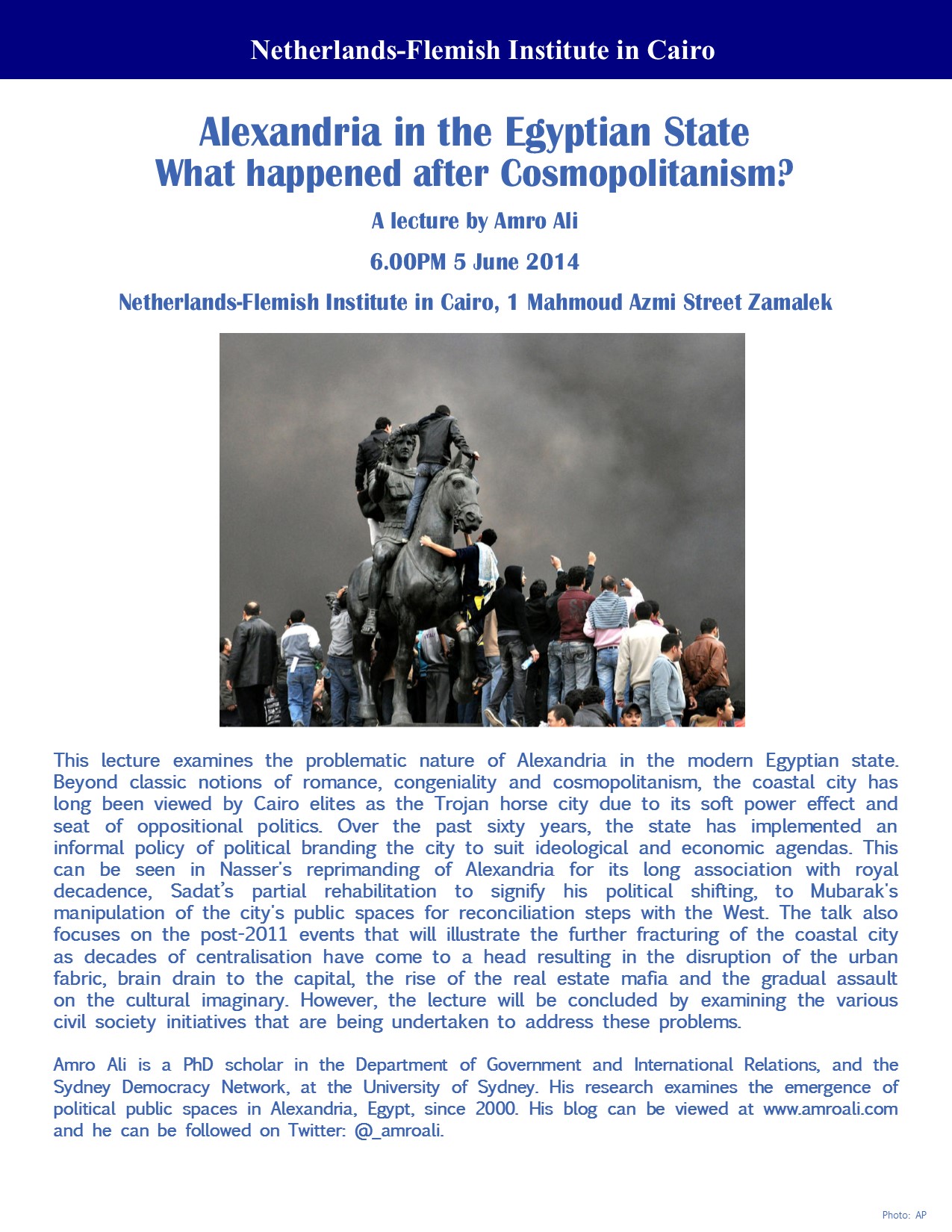Some 2,000 years ago, under Roman occupation, Egyptians were banned from practicing law, and this was not simply due to imperial discrimination. The Romans excluded them because Egyptians made too many jokes and sarcastic quips while in court, thus undermining the significance and procedures of the trials. Egyptian humor is, and has always been, a thorn in the side of every dynasty, invader, and regime through the ages.
Now the government has taken the dramatic, although unsurprising, step of banning Bassem Youssef’s show Al-Bernamag. While disappointing to say the least, focusing only on the banning of this particular show causes one to miss the bigger picture. Youssef’s work is the product of Egypt’s hyperactive and humor-driven society. The regime may have grounded the F-16 of humor, but it still must deal with the decentralized, guerilla-style humor that permeates society, circulating through round-the-clock, web-based jokes, memes and video parodies. This was made evident by the recent election-cum-Sisi-coronation—the jokes were in abundance even while Sisi was not yet president. In fact, the regime may have inadvertently shot itself in the foot, as one can quite easily forget how humor operated in the pre-al-Bernamag days.
Bassem Youssef’s rise occasioned a sort of centralization of humor across the entertainment landscape, with many of the post-2011 uprising jesters being eclipsed by, or choosing to concede ground to, Youssef. Many were not opposed to this arrangement because Youssef helped to spotlight Egypt’s fault lines and therefore provided a limitless repository for much of Egypt’s humor.
Had the regime accepted this arrangement, it would have taken on the lesser of two headaches, considering that Youssef was less harsh towards the regime than he was towards Morsi. Youssef’s removal will inevitably raise the profile of the piranhas of humor present in social media. While they were always there, they were arguably less noticed in the shadow of al-Bernamag.
Youssef leaves an important legacy of framing serious discussions within a satirical framework. When a military representative announced that the armed forces had found a cure for Hepatitis C and AIDS, Youssef (a physician by training) made it his mission to hold the military accountable for their claims, creating an online counter to mark the day that the cure had been promised to patients (which has been kept alive on social media). When the Egyptian government announced that they would use coal to mitigate the country’s fuel shortage, he dedicated a show to exposing the dangers that lurked behind that decision. Before going on air, a visibly angry Youssef said, “They’ve taken everything, and now they want to take the air we breathe.”
Youssef empowered the underdog, helping his audience to deal with their turbulent political reality and giving them hope for change, all based on the underlying notion that we could, as one person put it, “laugh all folly out of existence.”
The possibility of satire stealing the show from traditional politics is not a new consideration. When Jacques Chirac won the French Presidency in 1995, French media debated whether the satirical puppet show Les Guignols de l’Info, (which showed him favorably in contrast to Socialist candidate Lionel Jospin) had influenced the outcome of the elections. Youssef’s show stopped airing during the critical period around the election, citing the desire to avoid any such accusation. Moreover, the announcement came one day after news leaked that the Interior Ministry was seeking bids for a system to monitor and censor Egyptians’ use of social media outlets, foreshadowing the fate that many suspected was in store for Youssef’s show. While al-Bernameg has ceased, satire is practically writing itself in this mad climate. How could it not be so, when storks and Muppets are targeted as secret agents?
To lose a talent like Bassem Youssef is a tragedy. But the comedy has yet to stop. Satire will survive with or without al-Bernameg, and it will outlive every government. As eleventh-century Andalusian scholar Abu al-Salt put it, the Egyptian character is dominated by a humor mixed with sarcasm and cynicism to a level more pronounced than any group he had ever encountered.1 Thus, the current regime is fighting a cultural DNA that has passed on this effective and timeless weapon. Al-Bernameg was the latest incarnation in a long, evolutionary process of satire-generation—latest, but not last.
Even when Youssef announced his decision to permanently stop producing his show, he did not miss the opportunity to quip about the circumstances that forced him to do so—“I want to give you, but I can’t.” This self-imposed censorship—a sort of creativity-suicide—should raise questions about our perception of the role of satire as well as our understanding of politics: where there is politics, there will always be satire; one cannot exist without the other. Cancelling the show will only put an end to the show; it will not affect the other satirical powers that be, of which Egypt has an abundance in various forms. However, many in Egypt have come to view satire as they view the opposition: an uncomfortable siren amidst nationalistic euphoria. They now exhibit a preference for silence that largely did not exist when Muhammad Morsi was in power (except among supporters of the Muslim Brotherhood). Pinning al-Bernameg as a tool of the opposition has warped the public’s understanding of what satire is, but it has also exposed the government’s fascistic tendency to silence all hints of opposition.
Youssef, a product of the revolution, was devoured by the counter-revolution. However, just as it was not Youssef that brought down Mubarak, it will be the harsh realities of Egyptian life that threaten the new regime—humor will only grease the wheels of opposition.
In any case, Youssef leaves a dangerous legacy with which all successive regimes will have to deal—al-Bernameg opened up a media space that will not go away so easily. Youssef showed what is possible in a better Egypt, the gulf between accuracy and intentional misrepresentation, and the necessity of critical thinking. The fact that the show recorded an Egyptian viewership of 8.3 million—one-tenth of the total population—and had many more viewers across the region is a testament to the existence of an enormous constituency that is eager for something to fill this cultural space.
Youssef noted that “maybe the disappearance of al-Bernameg will force [people] to think about new, more creative means of [opposition].” The problem for the regime is that Pandora’s box was opened in early 2011, and “creative means” is all that Egyptians have to work with now in an environment of rising authoritarianism. The punchline is yet to come.

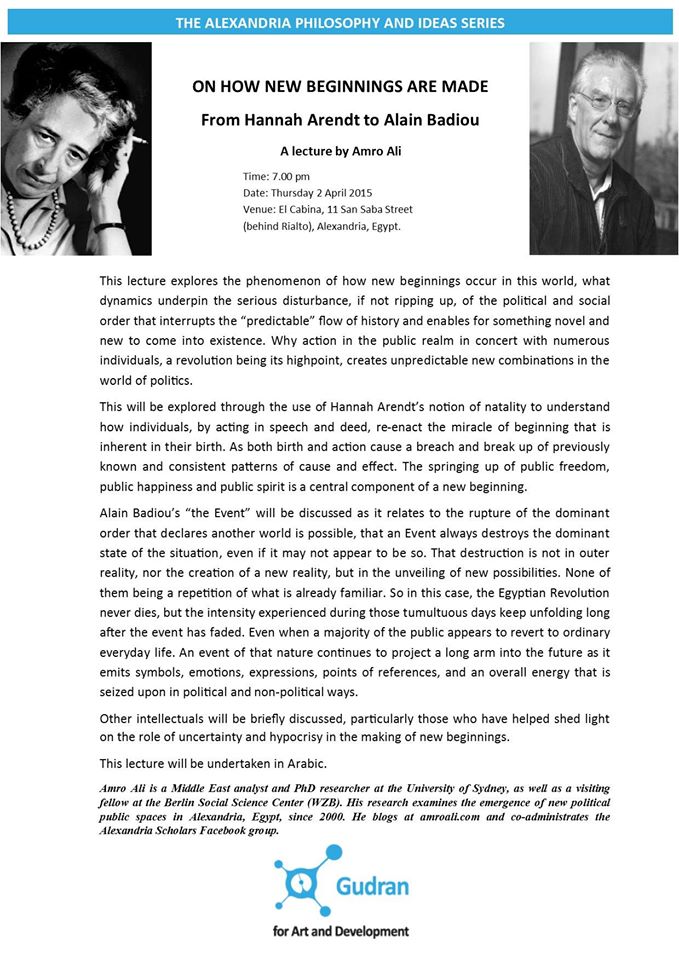



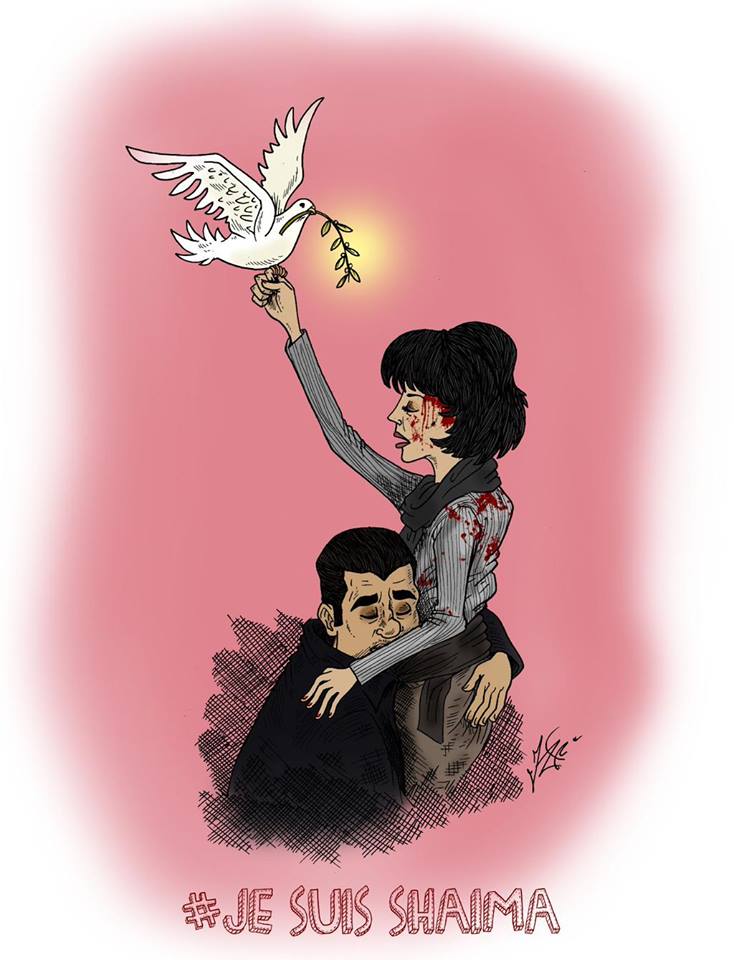
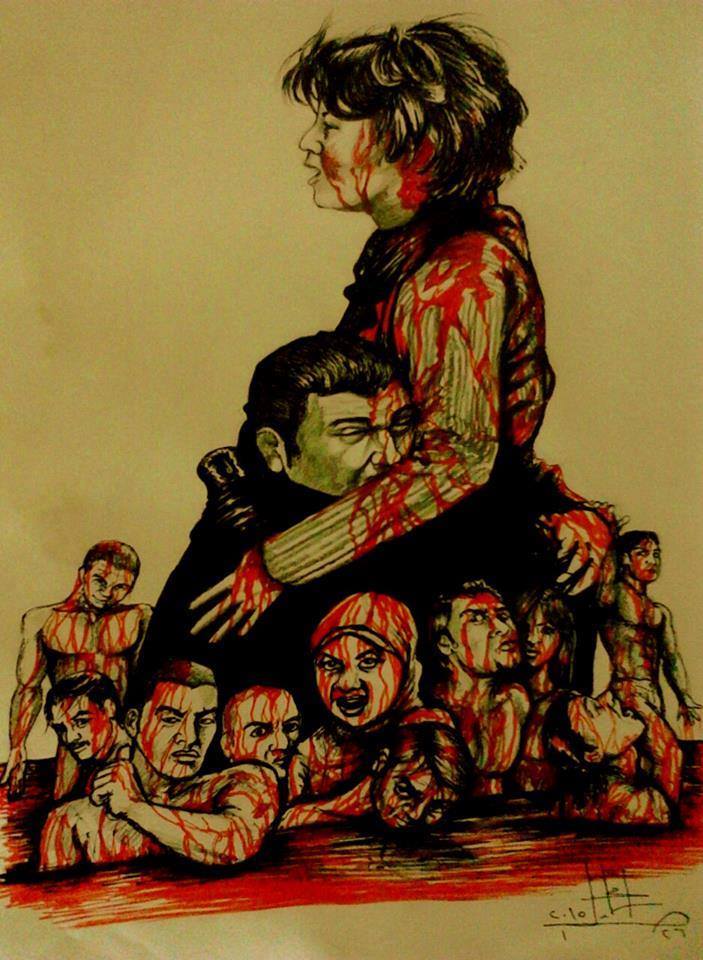

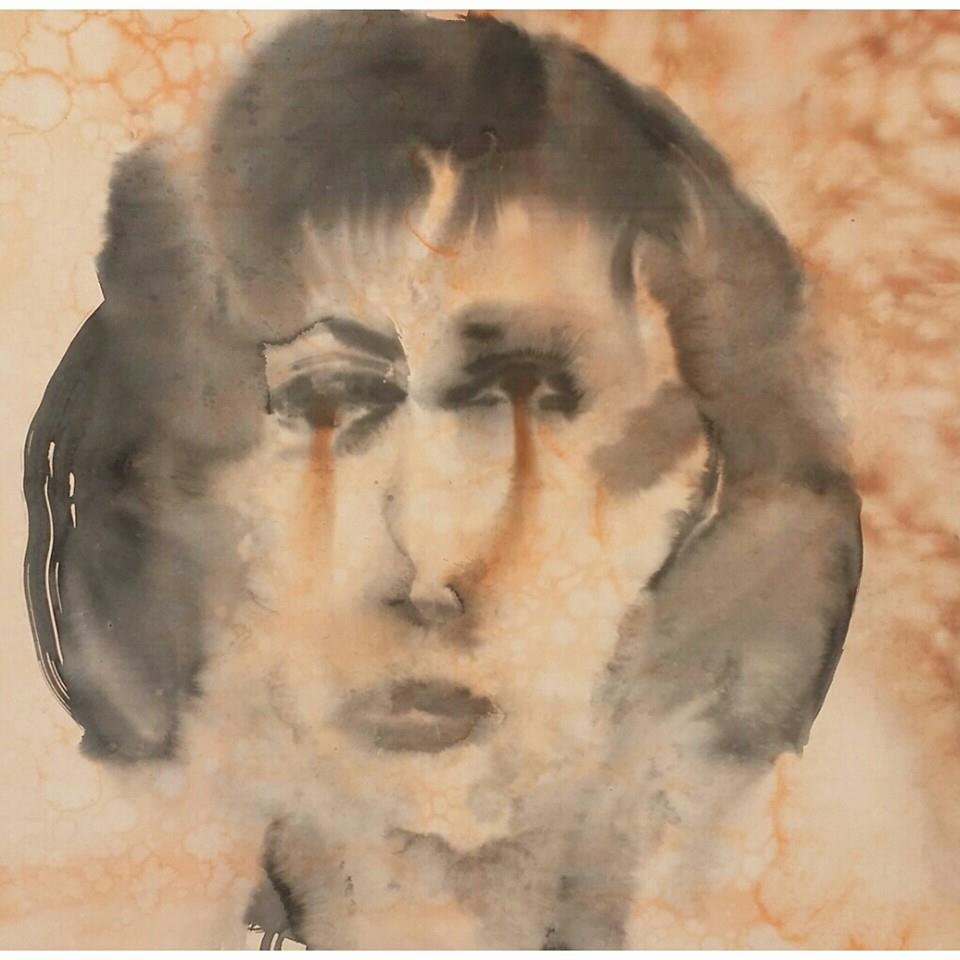



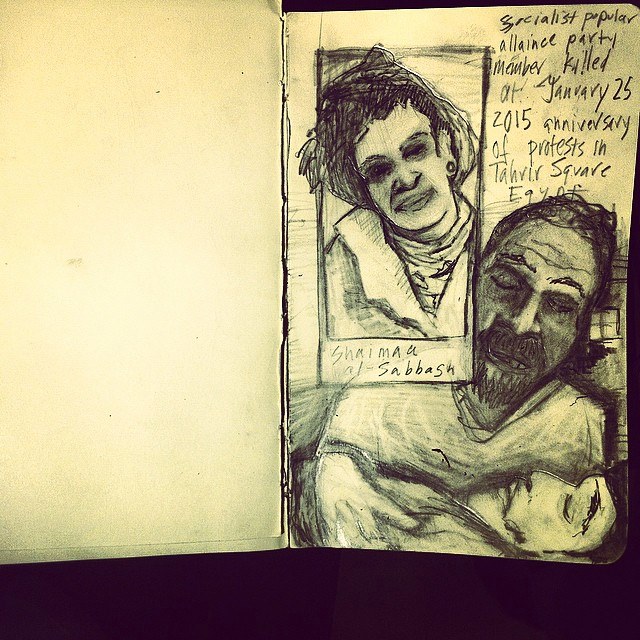
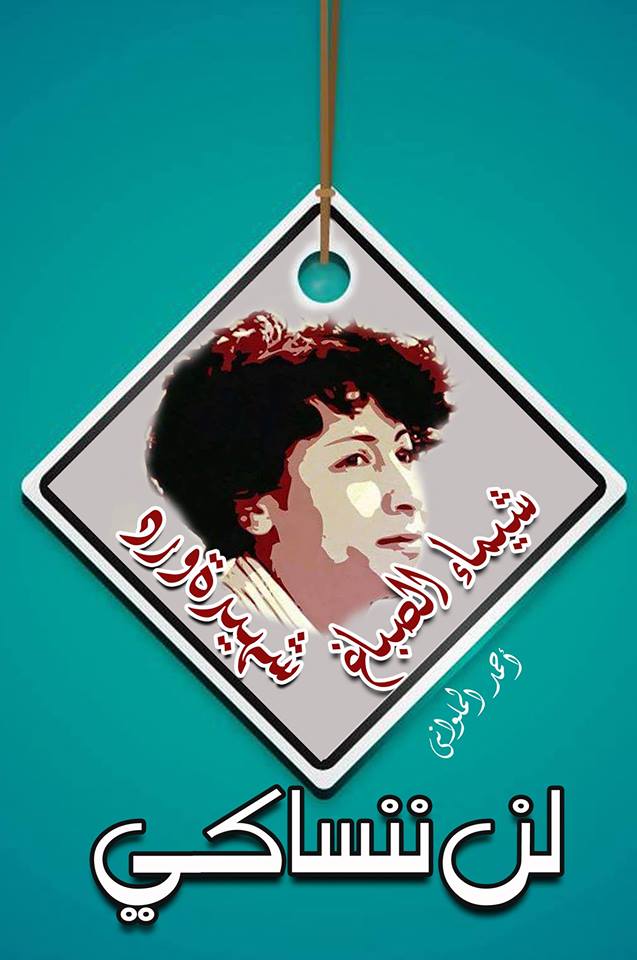
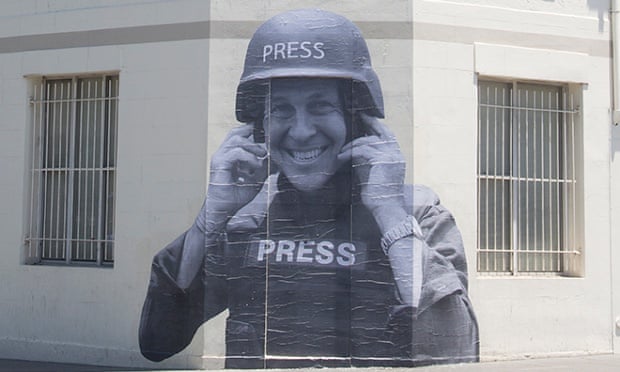 news for Peter, his family, everyone that was campaigning for his release, and for overall justice. Greste was a tragic case of being caught up in a geopolitical entanglement between Egypt and Qatar. Greste’s case was helped not only by a thawing of tensions between Egypt and Qatar, but Sisi released Greste in order to legitimise his regime on the international platform and brandish “progressive” credentials to Western governments. Moreover, this could be a sign that the judiciary is being tamed and consolidated under the wings of the new regime. Yet politicised judicial decisions are not going to disappear anytime soon.
news for Peter, his family, everyone that was campaigning for his release, and for overall justice. Greste was a tragic case of being caught up in a geopolitical entanglement between Egypt and Qatar. Greste’s case was helped not only by a thawing of tensions between Egypt and Qatar, but Sisi released Greste in order to legitimise his regime on the international platform and brandish “progressive” credentials to Western governments. Moreover, this could be a sign that the judiciary is being tamed and consolidated under the wings of the new regime. Yet politicised judicial decisions are not going to disappear anytime soon.